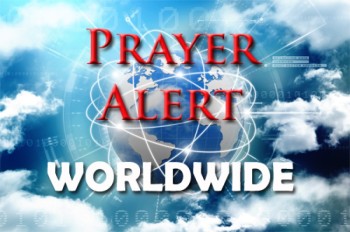Displaying items by tag: Health Alert
England: fourth heatwave increases water crisis
England is facing a deepening water crisis, with five regions officially in drought and six more experiencing prolonged dry conditions - the worst since 1976. Despite brief storms in July, river flows and reservoir levels continue to decline, exacerbated by the fourth heatwave of the summer which began on 12 August. An amber heat health alert now covers key regions, including London and the south-east, as temperatures threaten to break this year’s record of 35.8°C. The UK Health Security Agency warns the heat could further strain public water supplies and navigation channels. The National Drought Group, composed of government bodies and industry stakeholders, has called for urgent, coordinated action. While the public has made efforts to reduce water use, concerns persist over damaged crops, reduced farm yields, and long-term food security. Farmers, in particular, face devastating losses. They are calling for improved water infrastructure and a more effective planning system to tackle both drought and flood threats in future climate extremes. Meanwhile, the Met Office has warned that extreme weather is becoming the new normal in the UK: see See also the Europe article on wildfires.
Ghana / Ivory Coast: Marburg virus
Ghana has confirmed two deaths from the Marburg virus, a highly infectious disease in the same family as Ebola. No treatment yet exists for Marburg. Ghana Health officials said 98 people were under quarantine on 19 July. The symptoms of the severe, often fatal illness include headache, fever, muscle pains, vomiting blood and bleeding. Doctors advise drinking plenty of water and treating specific symptoms to improve a patient's chances of survival. The virus is transmitted from fruit bats and spreads between humans through bodily fluids. On 20 July, the Ivory Coast raised a Marburg alert in response to there being a ‘high risk of spreading’ and any suspected cases should be immediately flagged. They want careful sample collection and transit protocols. Also the World Health Organisation said it’s supporting a national investigative team in Ghana, and is also alerting neighbouring countries considered high risk.

